REVIEW POTPOURRI: Sarah Orne Jewett & others
 by Peter Cates
by Peter Cates
Sarah Orne Jewett
South Berwick native Sarah Orne Jewett (1849-1909) advised younger writers to “Write about what you know!”
Aroostook County native Helen Hamlin (1917-2004) once commented on the fascination of one’s childhood for so many:
“It is only natural that a person’s childhood environment should always remain the most glamorous and most interesting phase of one’s life, and I am no exception. Growing up in a town like Fort Kent, with a generous dose of Grandpa’s rich woods lore of old Aroostook, and in a mixed French and English household, has done more than just build a collection of reminiscences. It has left a distinct love and admiration for a land, and no other place can ever seem as attractive.”
Have Gun Will Travel
Many episodes of Richard Boone’s TV series Have Gun Will Travel, which ran for six seasons from 1957 to 1963, can be accessed via YouTube; a season 6 episode, The Fifth Bullet, has Boone’s character, a well-read gunfighter named Paladin giving a man just released from prison some safe passage back home to his wife and their young son (For reasons not totally clear, five outlaws have contracts to kill him.).
Guest star Ben Johnson conveyed a most vivid presence as the man eager to be reunited with his wife and son. He did memorable acting in the movies Mighty Joe Young with Terry Moore, Shane with Alan Ladd and Van Heflin, and the Last Picture Show with Cybill Shepherd and Ellen Burstyn.
Martha Scott
One very heartfelt movie on a wonderful teacher is the 1941 Cheers for Miss Bishop, starring Martha Scott (1912-2003), with a superlative supporting cast that included Marsha Hunt (who passed away last year at the age of 104.), William Gargan, Sidney Blackmer, Edmund Gwenn, John Hamilton (perhaps best known as the Daily Planet editor Perry White on the 1950s Adventures of Superman), Pierre Watkin (who portrayed Perry White for the Superman late ‘40s movie serials starring Kirk Allyn) and Mary Anderson.
Gerry Mulligan
In 1955, baritone saxist Gerry Mulligan assembled a sextet that included Zoot Sims on tenor sax, drummer Dave Bailey, trumpeter Jon Eardley, trombonist Bob Brookmeyer and bassist Peck Morrison on the Mercury Emarcy jazz LP simply titled Presenting the Gerry Mulligan Sextet.
According to the liner notes, Mulligan’s greatest fear was “musical stagnation and boredom.” Thus, after completing a very successful concert tour with his acclaimed quartet, he disbanded it and chilled out for six months to figure out what was next.
This LP of eight selections has some very eloquent musicianship ; the six participants were reported as being very pleased with the results.
Of the then-very young musicians, only Dave Bailey is still living at the very young age of 97.
In 1968, Gerry Mulligan collaborated with pianist Dave Brubeck in the Columbia LP, Brubeck-Mulligan Compadres, also featuring eight selections and recorded live in Mexico.
Before the comments on the album, a personal memory – during the summer of 1965, I attended New England Music Camp, in Sidney, along the fabulous Messalonskee Lake and had as a fellow camper Chris Brubeck.
One afternoon, he comes into the bunkhouse with a sly grin and states, “Peter, my father’s here.”
I replied, “Bulls..t he is, Brubeck!”
Within less than half a second walks the great man. And a truly down to earth gentleman.
The above album came as a result of Brubeck assembling another quartet (the famous one from the 1950s into early ‘60s had been disbanded in 1967) for a concert tour of four cities in Mexico arranged by promoter George Wein. The new quartet had Brubeck, Mulligan, Alan Dawson on drums and bass player Jack Six.
One of the concerts was held in a bullring.
All in all, a good record.
Arturo Benedetti Michelangeli
Italian pianist Arturo Benedetti Michelangeli (1920-1995), much like fellow virtuoso Vladimir Horowitz, not only had a superhuman technique with the keyboard but could also be quite eccentric and reclusive and was prone to depression.
Unlike Horowitz, Michelangeli could play the same composition twice over a period of months and both performances would have the same exact timing.
After winning first prize at a competition in Geneva, Switzerland, Benito Mussolini gave the pianist a full time Professorship at a Conservatory in Bologna.
Michelangeli made very few studio recordings but his live concerts have been released on numerous LPs and CDs. One such LP has him performing the Beethoven 12th Piano Sonata, better known as the Funeral March Sonata, and Schubert’s A minor Sonata, one of 22 magnificent ones that poured out of this composer along with over 600 songs, nine symphonies, numerous chamber music works and other pieces before he died at the young age of 31. The pianist performed both Sonatas with a cutting edge combination of dexterity and vibrant beauty.
Michelangeli had all 22 Sonatas of Schubert committed to memory.
Responsible journalism is hard work!
It is also expensive!
If you enjoy reading The Town Line and the good news we bring you each week, would you consider a donation to help us continue the work we’re doing?
The Town Line is a 501(c)(3) nonprofit private foundation, and all donations are tax deductible under the Internal Revenue Service code.
To help, please visit our online donation page or mail a check payable to The Town Line, PO Box 89, South China, ME 04358. Your contribution is appreciated!


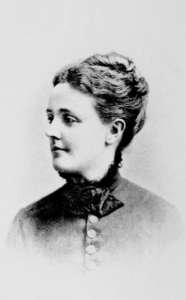
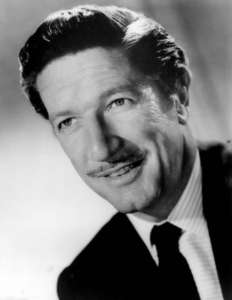
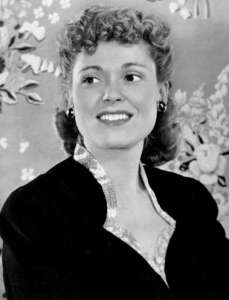
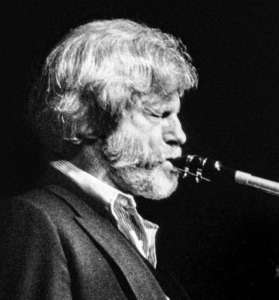
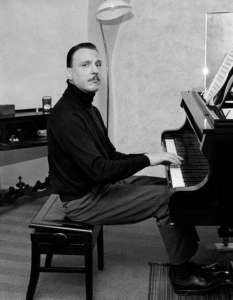
Leave a Reply
Want to join the discussion?Feel free to contribute!